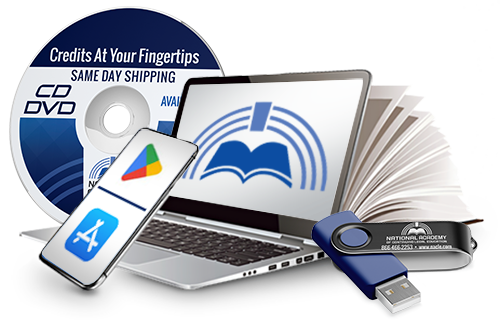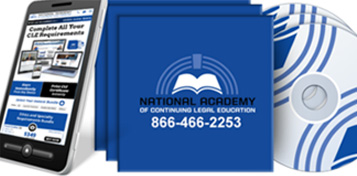About This Course
As trusted advisors, lawyers are often asked many questions about legal matters outside their area of practice. One area of law that most lawyers do not have any experience with is patent law, and in particular, the patent prosecution process. Patent prosecution requires a special license which in turn requires passing its own exam and an undergraduate degree in a science or engineering. Because it is such a specialized area of practice, with about only 40,000 active practitioners in the US, most law schools do not offer much in the way of course work in this area.
It is not unusual for an attorney who has no background in patent prosecution to litigate a patent infringement case, negotiate a settlement or a licensing agreement, or determine the value of patents during merger and acquisition activities. These attorneys need to know what vulnerability a patent may have as the result of the prosecution process.
Lawyers who practice business or corporate law, trusts and estates, tax, bankruptcy and even family law are sometimes confronted with issues of invention, patenting and patent ownership. The cost and time of obtaining a patent along with its economic value figures into many of these matters.
This course will outline the patent prosecution process, review the relevant governing statutes and show how to protect your clients from losing their patent rights permanently.






